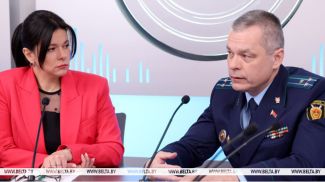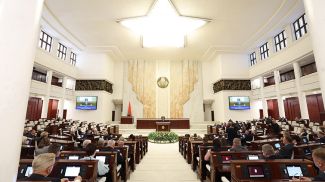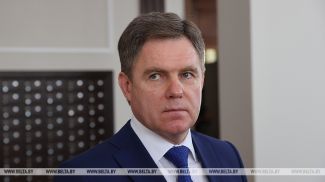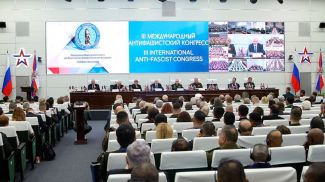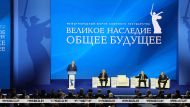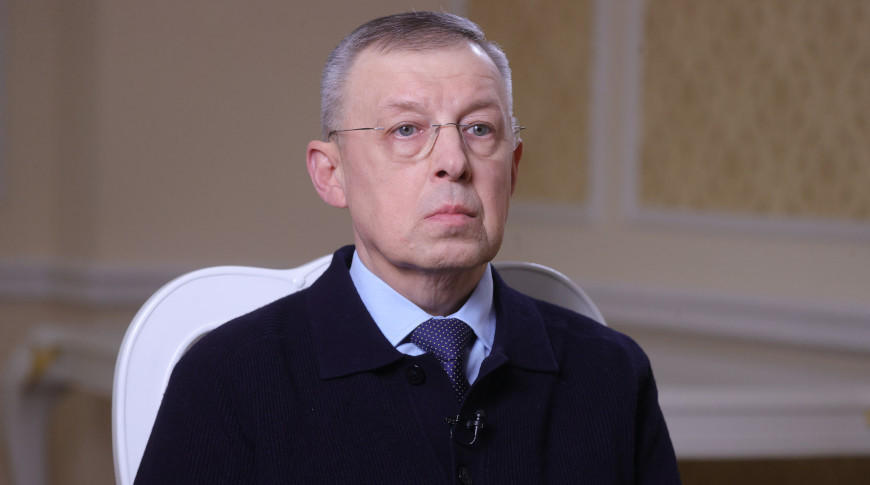
MINSK, 16 October (BelTA) — Changes to Russia's nuclear doctrine reflect a common foreign policy strategy of Belarus and Russia as part of the Union State, national security expert Aleksandr Tishchenko said in the latest episode of the V Teme [On Point] project on BelTA's YouTube channel.
"This reflects foreign policy interests of both Russia and also Belarus. We are talking about the Union State. The Russian president has made it clear that nowadays Belarus and Russia are a single entity in terms of geopolitics. It is about a common space, common interests and tasks. Accordingly, there should be common opportunities," Aleksandr Tishchenko said.
According to him, changes to Russia's nuclear doctrine are not attempts to scare the West. "This is a response to the threats that are emerging or being created by our opponents on the border," he stated.
Aleksandr Tishchenko cited an ongoing discussion in the West regarding deep strikes into Russia. "It is also a hybrid threat. Long-range missiles are not nuclear weapons but they are powerful still. Thus they want to inflict an irreparable damage on us. Russia says it will not bother to figure out what missile is inbound: nuclear or not. Because then it could be too late," the expert noted.
According to him, changes to Russia's nuclear doctrine are not attempts to scare the West. "This is a response to the threats that are emerging or being created by our opponents on the border," he stated.
Aleksandr Tishchenko cited an ongoing discussion in the West regarding deep strikes into Russia. "It is also a hybrid threat. Long-range missiles are not nuclear weapons but they are powerful still. Thus they want to inflict an irreparable damage on us. Russia says it will not bother to figure out what missile is inbound: nuclear or not. Because then it could be too late," the expert noted.





